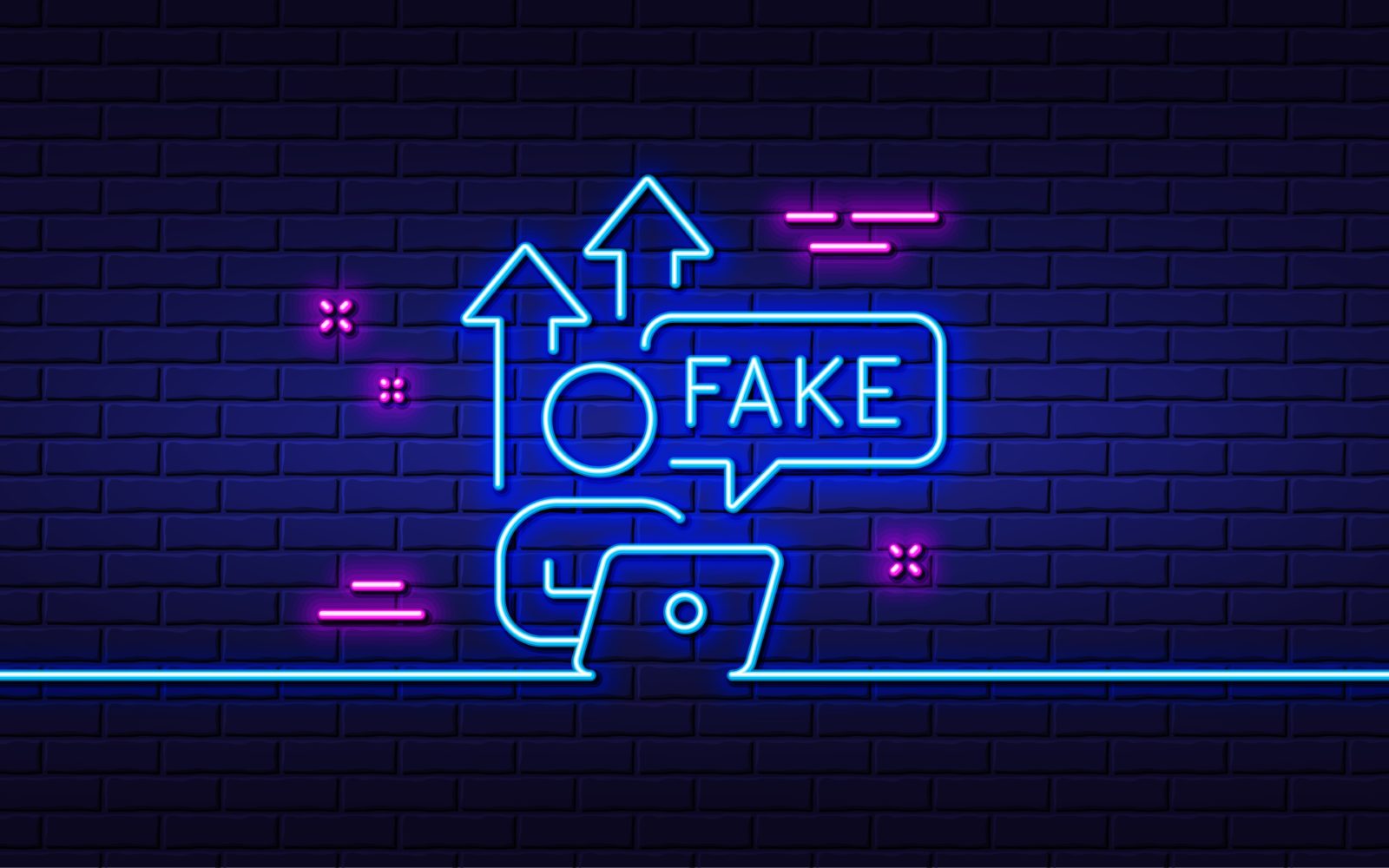Snapshots From Chicago: APS’s 2022 Convention Marks the Return of In-Person Science
Exceptional researchers from all over the world—Chile and China, Israel and India, Poland and Portugal, South Korea and the United Arab Emirates, and beyond—cast their vote for in-person psychological science in Chicago in May at the 2022 APS Annual Convention. “An exhausting (but awesome) five days at #apschi22,” as one of the 2,500 attendees tweeted, the event featured a diverse variety of presentations across the major fields of psychological science, including biological/neuroscience, clinical, developmental, and industrial/organizational.
The opening keynote featured Bryan Stevenson, a public-interest lawyer who founded the Equal Justice Initiative (EJI), a human rights organization in Montgomery, Alabama, that has won major legal challenges overturning excessive and unfair sentences, exonerating innocent death row prisoners, confronting abuse of the incarcerated and the mentally ill, and helping children who have been prosecuted as adults. In a moving and deeply personal talk, “American Injustice, Mercy, Humanity, and Making a Difference,” he called upon psychological scientists and APS to “change the narrative” of science denial, fear, and anger that threaten justice and equality.
Stevenson was introduced by APS President Jennifer L. Eberhardt. When she stepped into the role of APS’s leader, she anticipated significant challenges. “We were navigating through a pandemic, polarization was on the rise, we were in a moment of political upheaval. That much was true, and it still is true,” she said. “But instead of stepping back during a global pandemic, APS came to the fore. Our organization has served as a catalyst for advancing the field and in providing leadership to policymakers, researchers, educators, and institutions across disciplines and across borders. We should all be very proud of these achievements.”
Prior to the opening keynote, APS 2022 sessions included a panel exploration of how COVID-19 has dramatically reframed the workplace, hands-on workshops on research methods, several sessions on teaching psychology (cosponsored by the Society for the Teaching of Psychology), and sessions featuring both the research of “rising stars” within clinical science and leading clinical scientists’ visions of the grand challenges facing the field.
Sessions also brought together leading researchers from across subdisciplines and outstanding keynote speakers on topics such as curbing police violence, restoring trust in institutions, boosting vaccine acceptance. Special media briefings featured 11 short presentations selected as particularly compelling and relevant, including one on the impact of school violence on children, families, and communities. Other topics explored in the news briefings included fake news and misinformation, the impact of the COVID-19 pandemic on education, tools to support ethnic and gender minorities, stress in the operating room, and romance and relationships.
For some attendees, the convention marked a welcome return to the camaraderie, networking, and collegiality that have always made APS conferences rewarding. For hundreds of first-time attendees, including many students ranging from undergraduates to doctoral candidates, the experience was exciting, inspiring, and in at least one case, “everything I could’ve hoped for.”
Review details of the complete convention agenda in the online planner.
Feedback on this article? Email [email protected] or login to comment.
Related Content We Think You’ll Enjoy
-

Virtual News Briefings at APS 2022 Convention
Journalists are invited to attend two virtual media briefings during the 2022 APS Annual Convention.
-

I Don’t Care If It’s Fake News, I Believe It
“Max” Bai talks about the research on misinformation he presented at the 2022 APS Annual Convention in Chicago.
-

Pitch Perfect: Exploring Black Women’s Emotional Coping Strategies
Okie Nwakanma received first prize for her upcoming research on how Black women use emotional-approach coping to deal with gendered racism.





APS regularly opens certain online articles for discussion on our website. Effective February 2021, you must be a logged-in APS member to post comments. By posting a comment, you agree to our Community Guidelines and the display of your profile information, including your name and affiliation. Any opinions, findings, conclusions, or recommendations present in article comments are those of the writers and do not necessarily reflect the views of APS or the article’s author. For more information, please see our Community Guidelines.
Please login with your APS account to comment.